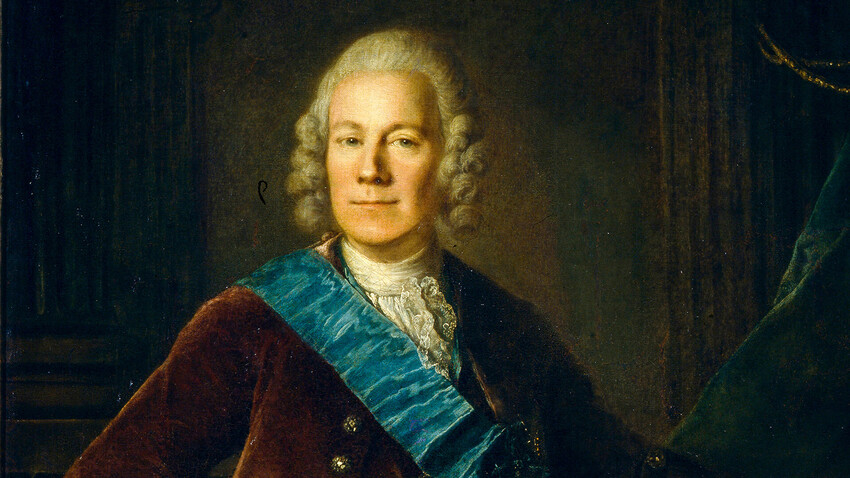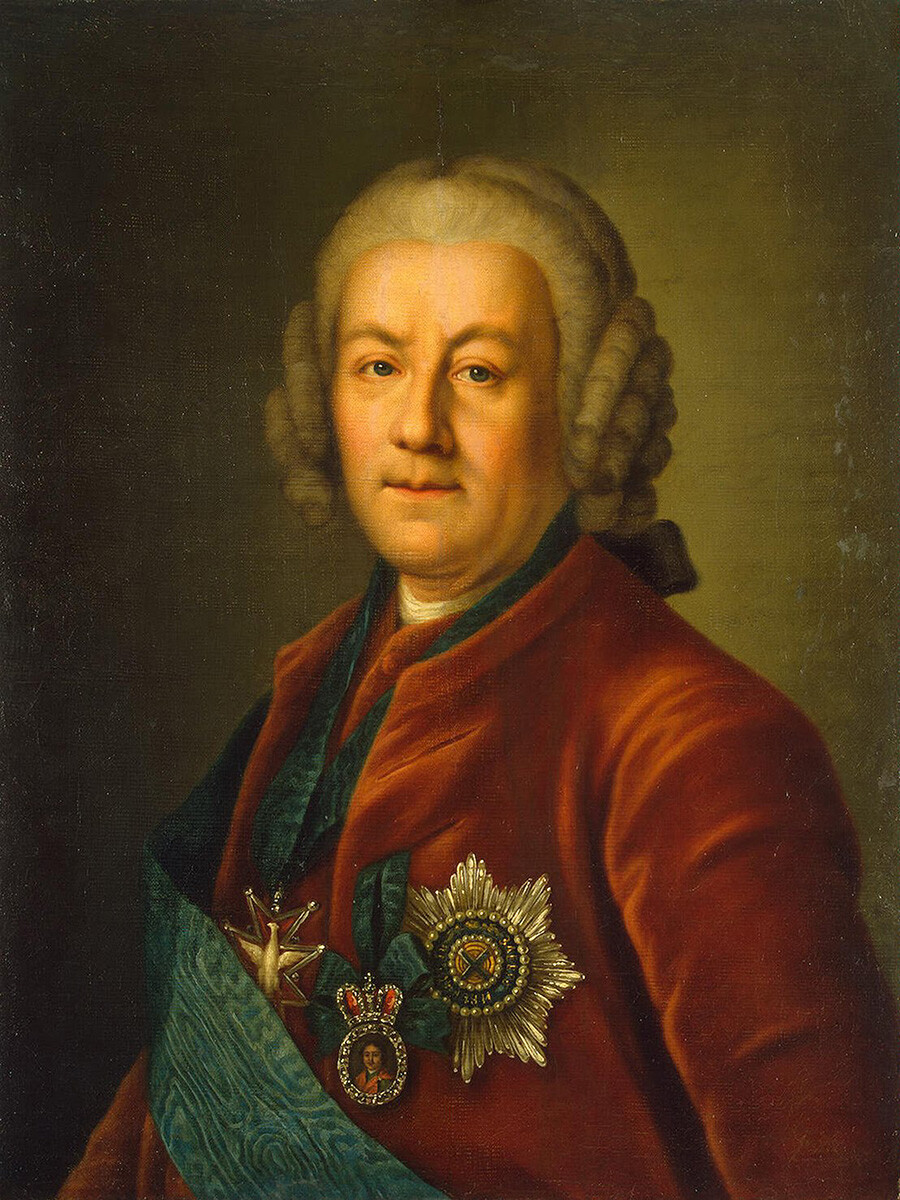
In 1712, Peter I sent him to serve Prince Boris Kurakin, the Russian envoy to Holland. On the way there, he had a chance meeting that determined Bestuzhev's future career. He was noticed by Georg Ludwig, Elector of Hanover, and offered a job. The Russian emperor approved the appointment and Bestuzhev soon settled at the Hanoverian court as a chamberlain.

A year later, he was getting ready to travel again: Georg's mother, Princess Sophia (granddaughter of King James I) and English Queen Anne died one after another. Thus, George of Hanover found himself the closest heir to the British throne. Bestuzhev went to London with him.
It was he, as an envoy of England, who took to Russia the official letter from George I about his accession to the throne. Count Bestuzhev served at the English court for four years. He made a brilliant career not only abroad, but also in his homeland. Under Empress Elizabeth Petrovna, he became Chancellor of Russia and, under Catherine II – Field Marshal General and a member of the Imperial Council.
Dear readers,
Our website and social media accounts are under threat of being restricted or banned, due to the current circumstances. So, to keep up with our latest content, simply do the following:
If using any of Russia Beyond's content, partly or in full, always provide an active hyperlink to the original material.
Subscribe
to our newsletter!
Get the week's best stories straight to your inbox